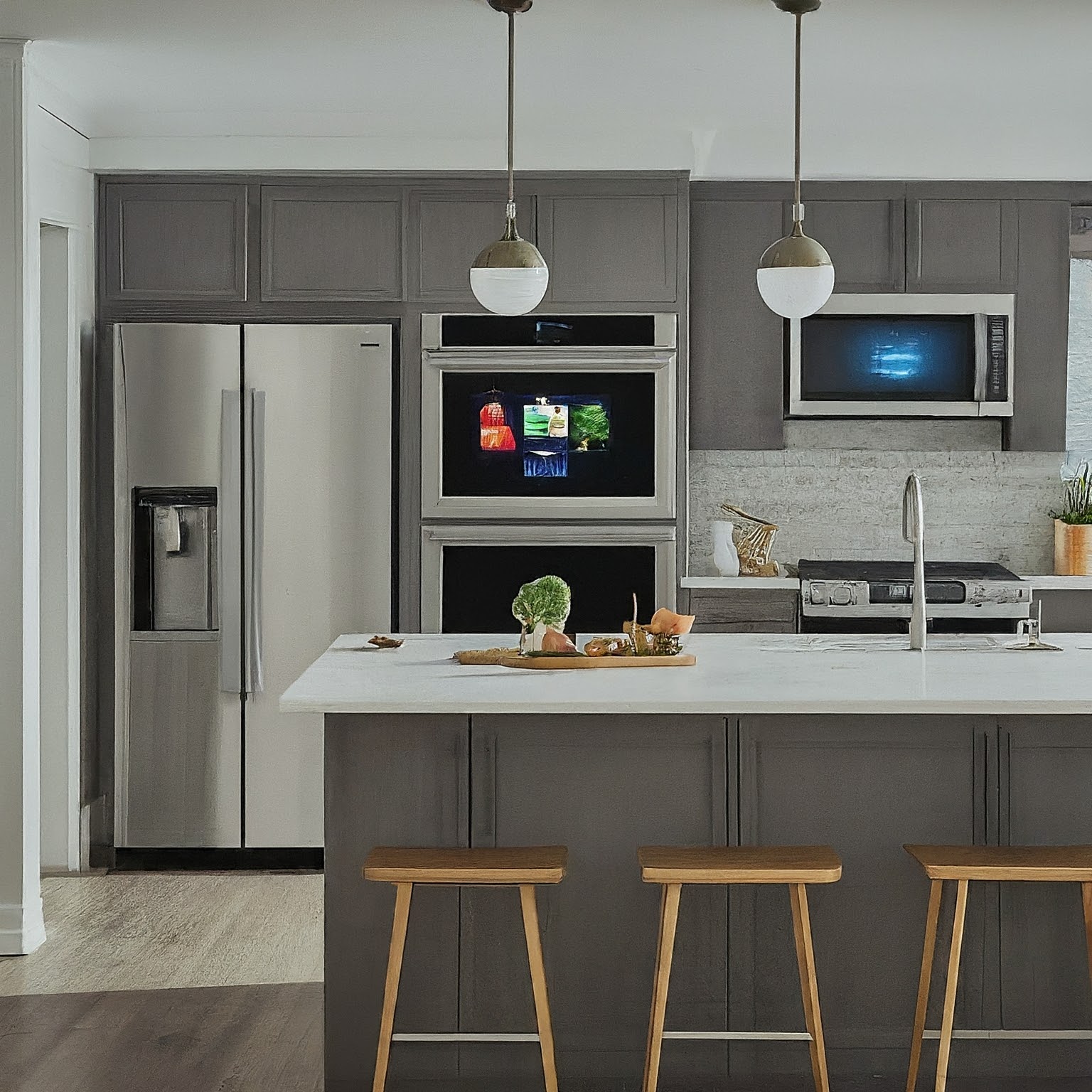
About the Author
Sarah Jones is a seasoned business strategist with over 15 years of experience guiding companies towards tech-driven growth. She is passionate about empowering businesses to leverage emerging technologies and has a proven track record of success in the smart home sector.
The Rise of the Smart Home Revolution
The landscape of modern living is undergoing a dramatic transformation. Driven by advancements in technology and the ever-growing desire for convenience, smart homes are rapidly becoming the new standard. From voice-controlled lighting to automated thermostats and security systems, these interconnected homes offer a seamless integration of technology into our daily lives. This burgeoning trend presents a wealth of opportunities for forward-thinking businesses.

Unlocking Business Potential in Smart Homes
The smart home market is projected to experience explosive growth in the coming years, reaching a staggering value of over $800 billion by 2028. This presents a vast and fertile ground for businesses to cultivate new revenue streams and expand their reach.
Smart Homes: A Goldmine of Data-Driven Insights
The interconnected nature of smart homes generates a treasure trove of valuable data. Insights gleaned from usage patterns, energy consumption, and user preferences can be used to personalize experiences, develop targeted marketing strategies, and refine product offerings. For instance, imagine a smart appliance manufacturer leveraging data to understand user behavior and predict maintenance needs, creating proactive customer service solutions.

Catering to the Evolving Customer: Smart Homes & Convenience
Today’s consumers crave convenience and seamless integration. Smart homes provide the perfect platform to cater to this desire. By developing products and services that seamlessly integrate with the smart home ecosystem, businesses can position themselves as leaders in a rapidly evolving market.
Comparative Advantage: Smart Homes vs. Traditional Homes (Table)
| Feature | Smart Home | Traditional Home |
|---|---|---|
| Convenience | Automated tasks, voice control | Manual operation |
| Security | Enhanced monitoring, remote access | Limited security features |
| Energy Efficiency | Optimized usage, data-driven insights | Static usage patterns |
| Personalization | Customized settings, user-centric experiences | Standard features |
Grow Your Business: Why Smart Homes Matter (Continued)
Examples of Business Opportunities in Smart Homes
The possibilities within the smart home market are vast and ever-expanding. Here are a few specific examples to ignite your imagination:
- Smart Home Service Providers: Companies can offer installation, maintenance, and troubleshooting services for smart home systems.
- Smart Appliance Developers: Develop innovative appliances that seamlessly integrate with smart home ecosystems, offering features like remote control and energy optimization.
- Cybersecurity Solutions: Craft robust security solutions specifically designed to protect smart home devices and user data.
- Smart Home Insurance: Develop innovative insurance products tailored to the unique needs of smart home owners.
- Data Analytics & Consulting: Offer data analysis and consulting services to help businesses leverage the insights gleaned from smart home usage.

Collaboration is Key
The smart home landscape is a complex ecosystem with various players involved. Collaboration is key to success. Businesses can forge partnerships with other industry leaders, such as technology companies, construction firms, and even utility providers, to develop comprehensive smart home solutions.
The Human Element: Prioritizing User Needs
While technology is at the heart of smart homes, it’s crucial not to lose sight of the human element. Always prioritize user needs and strive to create technology that enhances lives, simplifies routines, and fosters a sense of security and comfort.
Investing in the Future
The smart home market represents a significant investment opportunity. By taking a proactive approach and strategically aligning your business with this burgeoning trend, you can position yourself for long-term success.

Building Your Smart Home Strategy: Key Considerations
As you navigate the exciting world of smart homes, there are several crucial steps to consider. Firstly, identify your target customer segment within the smart home market. Are you developing a product for security companies, appliance manufacturers, or directly targeting homeowners? Secondly, prioritize user privacy and data security. Consumers are increasingly wary of data breaches, so ensure transparency and robust security measures. Finally, focus on creating a seamless and user-friendly experience. Smart home technology should enhance lives, not complicate them.
Conclusion: Embracing the Future of Smart Homes
The smart home revolution is here to stay. By embracing this dynamic market and its vast potential, forward-thinking businesses can unlock new avenues for growth and thrive in the ever-evolving landscape of technology.










